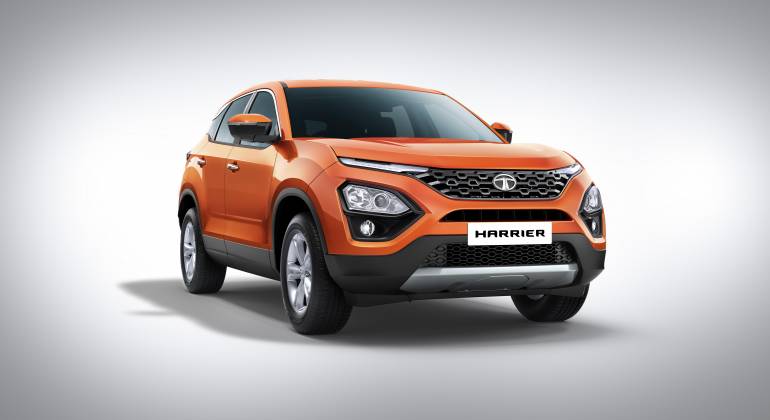The biggest news of 2018 in the auto industry was the arrest of Carlos Ghosn, CEO of Renault and Nissan, who has been charged for underreporting his income by $44 million.
The automotive industry is one of the biggest employers in the country with over 50 Indian and multinational companies straddling across platforms. Here is a list of all the important developments of 2018 and what can be expected in 2019.
What happened in 2018
Arrest of Carlos Ghosn
Perhaps the biggest news of the year in the auto industry was the arrest of Carlos Ghosn, CEO of Renault and Nissan. Ghosn was charged for underreporting his income by approximately $44 million -- while he was Nissan -- over several years. If found guilty Ghosn, who is credited with Nissan's turnaround, could face a 10-year prison sentence.
M&M, Ford sign MOU
Mahindra & Mahindra and Ford Motor Company signed agreements to jointly develop two SUVs, share engines, develop a small electric vehicle and share retail footprint to boost market reach in India. M&M is under pressure from competition as it has lost some market share, while Ford has been a fringe player despite more than two decades of operation in India.
Companies give auto expo a miss
At least 30 automotive brands gave the biennial India Auto Expo held in February a miss. Bajaj Auto, Harley-Davidson, Royal Enfield, Jaguar Land Rover, Eicher Motors, Ford and the entire Volkswagen Group decided to stay clear of the event citing high costs and negligible returns.
Customs duty hike (luxury cars)
The 2018 budget brought about a 5 percentage point hike in customs duty on knocked down kits imported into India raising it to 15 percent from 10 percent earlier. Companies like Mercedes-Benz, BMW, Audi, Volvo, Jaguar Land Rover, Harley-Davidson, Triumph who have assembly plants in India were impacted by this.
India overtakes UK market
Automotive sales in India surged the second fastest in the world in 2017, with total numbers trumping developed markets like UK and France and coming within striking distance of Germany. Closing the last calendar year at 3.61 million units with a growth of 8.8 percent, India’s domestic automobile sales were the fifth highest in the world behind China (25.8 million), the US (17.23 million), Japan (5.16 million) and Germany (3.71 million). Auto sales in the UK were at 2.9 million units, and in France were at 2.54 million units.
Here's what to expect in 2019
Surge in prebuying of vehicles
Prices of all class of vehicles, which will be upgraded to Bharat Stage VI emission standard will witness a significant increase in 2020 with the switchover. Consumers are thus expected to buy existing BS-IV grade vehicles to beat the hike. The steepest increase will be for commercial vehicles (trucks and buses) followed by diesel cars and SUVs. Companies are expected to ramp up output to meet the added demand.
All cars to have airbags, reverse parking sensor
India has the highest road mortality rate in the world. It is also the biggest market with the least number of vehicles equipped with safety features like airbags, ABS and reverse parking sensors. This is set to change in 2019 when these life-saving features will be made mandatory on all models.
Tata Motors shifts to new gen vehicle architecture
Having completely overhauled its product line-up, Tata Motors will shift towards an entirely new vehicle architecture with the launch of the Harrier SUV in January followed by a premium hatchback. The company is phasing out a few models to make way for the new range, some of which will play purely in the premium segment.
Kia and MG Motors to debut in India as GM departs
India will get two new automotive brands, Kia Motors and MG Motors, which will come after the unceremonious exit of one of General Motors from India market. Both companies highlight the significance of the Indian market on the world map on the back of sustained challenges in the traditional large markets of the world such as China and Europe.
Uniform driving license
The central government will be coming out with a new rule for issuance of driving license. Instead of each state and union territory issuing its own driving licenses, the central government is believed to be working on a uniform license. By mid-2019, the license will carry the same look, format, colour and security features.














